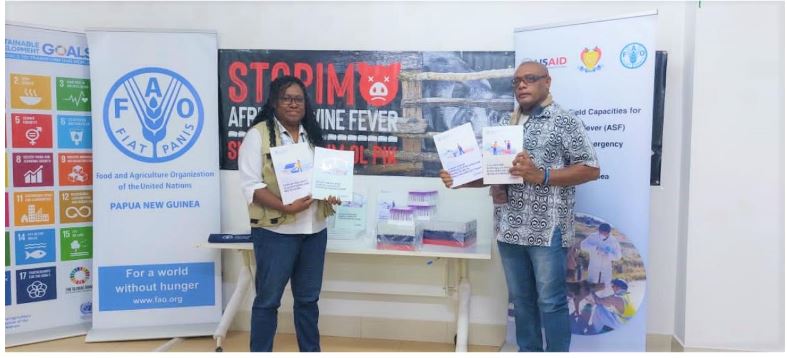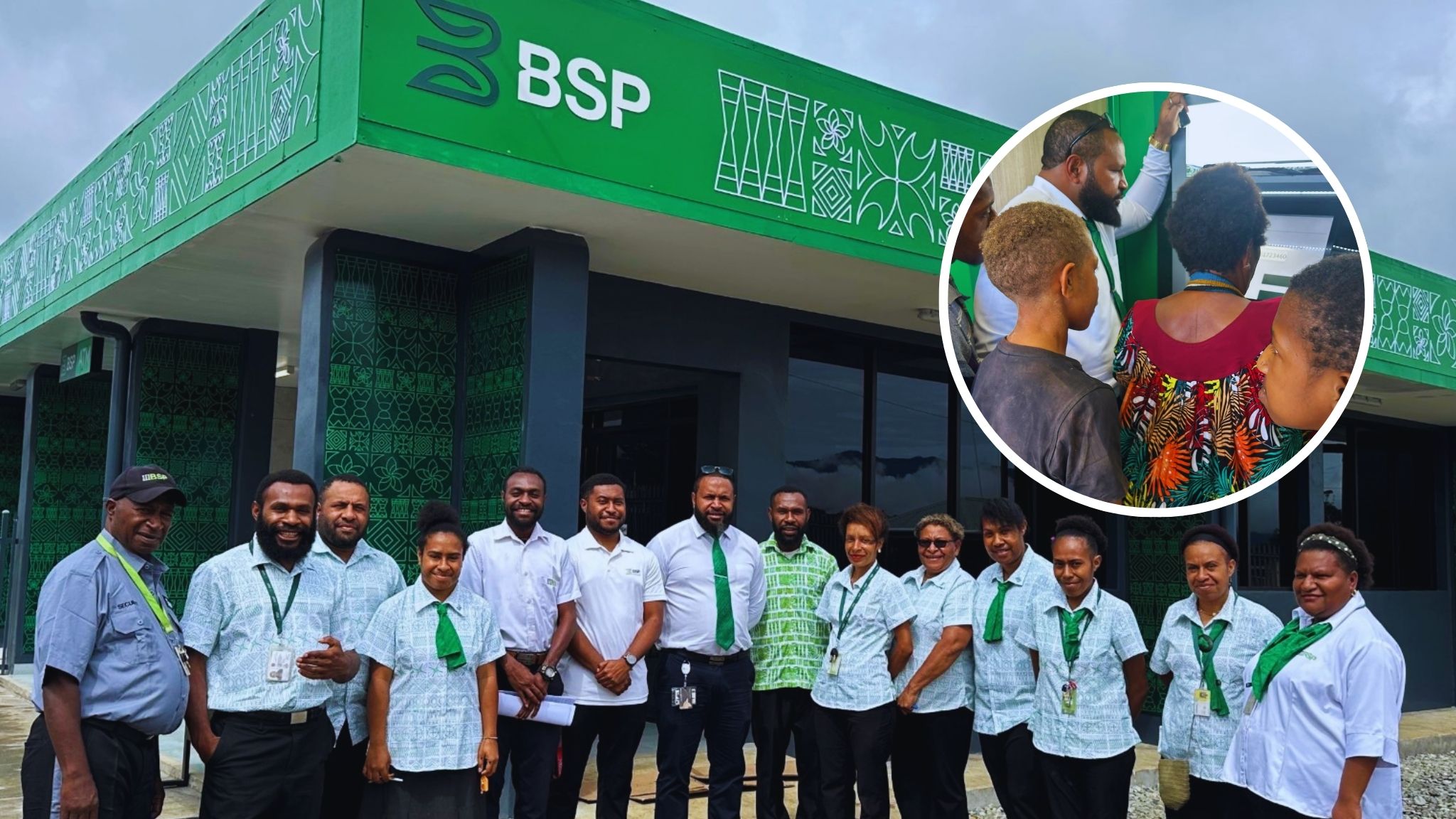 134 Provincial and District Livestock officers attended these trainings and will be gazetted as Stock Inspectors, thus strengthening the network and capacity for effective support to the disease response in the provinces.
The need for more hands-on and practical experience was identified by the participants of the 2021 workshops.
The ‘Stock inspectors’ practical field training’ held recently, follows on from the previous training held in 2021.
This capacity-building activity was also identified in the NAQIA ASF response plan to upskill and capacitate provinces to respond to threats of ASF incursions.
The three-day training consisted of theory sessions followed by a day of practical, hands-on sessions revolving around the Animal Health Emergency Response Plan and a case scenario simulation to give the Stock Inspectors a taste of disease investigation out in the field.
The participants were taught proper biosecurity principles in disease investigations including putting on personal protective equipment used in an animal disease investigation, collecting history of a disease incident, proper restraining of pigs and chickens, and how to collect blood samples.
134 Provincial and District Livestock officers attended these trainings and will be gazetted as Stock Inspectors, thus strengthening the network and capacity for effective support to the disease response in the provinces.
The need for more hands-on and practical experience was identified by the participants of the 2021 workshops.
The ‘Stock inspectors’ practical field training’ held recently, follows on from the previous training held in 2021.
This capacity-building activity was also identified in the NAQIA ASF response plan to upskill and capacitate provinces to respond to threats of ASF incursions.
The three-day training consisted of theory sessions followed by a day of practical, hands-on sessions revolving around the Animal Health Emergency Response Plan and a case scenario simulation to give the Stock Inspectors a taste of disease investigation out in the field.
The participants were taught proper biosecurity principles in disease investigations including putting on personal protective equipment used in an animal disease investigation, collecting history of a disease incident, proper restraining of pigs and chickens, and how to collect blood samples.
 This was followed by practicing how to handle and pack samples, and finally how to prepare the samples and test for ASF using the ASF rapid test kits.
Participants were provided with Stock inspectors kits.
These kits contained basic equipment a stock inspector would need when attending to disease investigations: gumboots, raincoat, notebook, clipboard, disposable aprons, gloves and masks, hand sanitiser, biohazard materials bags, FAO Farm Biosecurity manual, relevant units of the SPC Paraveterinary Manual, and a flash drive containing training and resource materials.
The three-day training ended on 24 August 2022 with a small closing ceremony and presentation of certificates of participation.
In his closing remarks, Mr. David Tenakanai, General Manager of Technical Services, NAQIA, acknowledged the 21 livestock officers from throughout PNG, stating the “the trained livestock officers are the eyes and ears of NAQIA on any animal disease outbreak in the country”.
Mr Tenakanai praised the ongoing partnership between FAO and NAQIA who have been at the forefront of the fight against ASF since the preparedness stage and the first detection of the virus in PNG in March of 2020, and the response stage up to now.
FAO’s ongoing support to NAQIA and ASF, under the USAID funded ASF project, includes the provision of 300
ASF antigen rapid test kits and copies of a newly developed set of FAO resource materials: Guidelines for African swine fever (ASF) prevention and control in smallholder pig farming.
FAO Head of Programmes, Miss Mirriam Mondia presented the test kits and hard copies of the four different ASF Biosecurity guidelines to Mr Tenakanai on Friday 19 August 2022 at the NAQIA Headquarters.
This was followed by practicing how to handle and pack samples, and finally how to prepare the samples and test for ASF using the ASF rapid test kits.
Participants were provided with Stock inspectors kits.
These kits contained basic equipment a stock inspector would need when attending to disease investigations: gumboots, raincoat, notebook, clipboard, disposable aprons, gloves and masks, hand sanitiser, biohazard materials bags, FAO Farm Biosecurity manual, relevant units of the SPC Paraveterinary Manual, and a flash drive containing training and resource materials.
The three-day training ended on 24 August 2022 with a small closing ceremony and presentation of certificates of participation.
In his closing remarks, Mr. David Tenakanai, General Manager of Technical Services, NAQIA, acknowledged the 21 livestock officers from throughout PNG, stating the “the trained livestock officers are the eyes and ears of NAQIA on any animal disease outbreak in the country”.
Mr Tenakanai praised the ongoing partnership between FAO and NAQIA who have been at the forefront of the fight against ASF since the preparedness stage and the first detection of the virus in PNG in March of 2020, and the response stage up to now.
FAO’s ongoing support to NAQIA and ASF, under the USAID funded ASF project, includes the provision of 300
ASF antigen rapid test kits and copies of a newly developed set of FAO resource materials: Guidelines for African swine fever (ASF) prevention and control in smallholder pig farming.
FAO Head of Programmes, Miss Mirriam Mondia presented the test kits and hard copies of the four different ASF Biosecurity guidelines to Mr Tenakanai on Friday 19 August 2022 at the NAQIA Headquarters. 




